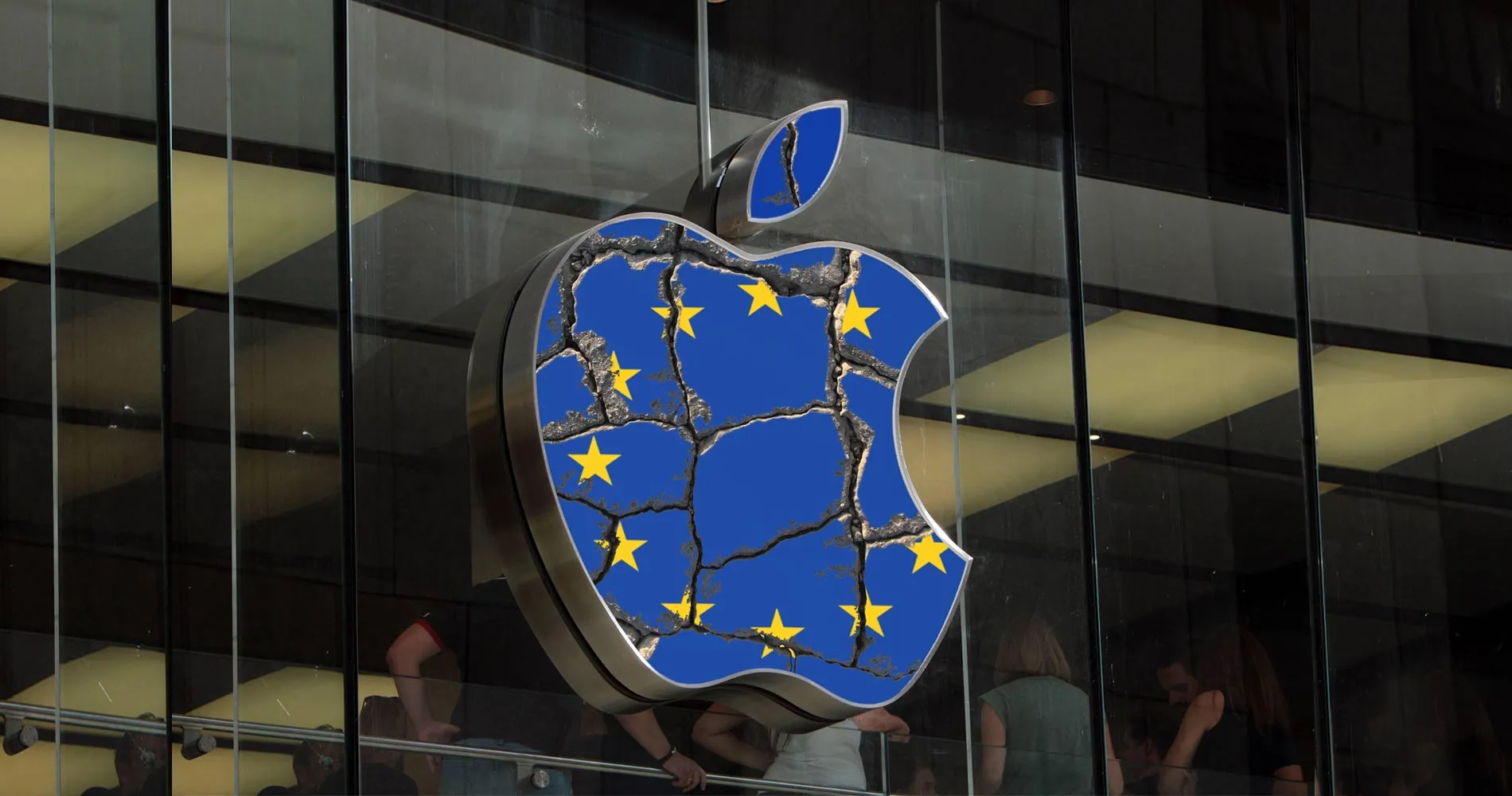The European Union and Apple continue their battle in the EU courts. The dispute is about whether Apple’s USD 13 billion tax break obtained in Ireland conforms to EU law or not. The EU General Advocate Giovanni Pitruzzella has called for overturning the Apple friendly ruling on tax breaks.
Silvia Caschera
25 January 2024
French version | German version | Spanish version
On 9 November 2023, the Advocate General of the EU, Giovanni Pitruzzella, suggested that the Court of Justice of the European Union (CJEU) set aside the ruling on tax breaks granted by Ireland to Apple and refer the case back to the General Court for a new decision on its merits. Although the conclusion of the Advocate General is not binding, it does not bode well for Apple and Ireland and other multinationals seeking to max out the current situation regarding corporate taxes in the EU.
In July 2020 the ruling of the CJEU declared Apple the winner in a case revolving around preferential tax treatment. The decision was based on two tax rulings by Ireland in 1991 and 2007. In 1991, Apple created two Irish subsidiaries, Apple Sales International (ASI) and Apple Operations Europe (AOE). AOE records all profits for Apple in Europe, the Middle East, Africa, and India.
The 1991 and 2007 Irish tax rulings allowed the two Apple branches to pay annual tax rates of between 0.005% and 1%. This rate is way below the already reasonable corporate tax rate of 12.5% in other European countries. In 2016, the European Commission found that the two rulings amounted to “illegal and incompatible state aid”. The Commission required the tech giant to compensate the Irish government for the evaded taxes of EUR 13 billion plus interest.
In 2020 the CJEU annulled the Commission´s decision, finding that it had failed to prove the existence of a tax advantage based on Ireland’s two tax rulings. The Commission appealed this ruling at the CJEU.
According to the November 2023 opinion by the Advocate General, the General Court committed several errors of law when it held that the Commission had not sufficiently proved the intellectual property licenses held by ASI and AOE and related profits should be attributed to the Irish branches. Pitruzzella also held that the General Court did not properly judge the existence and consequences of certain methodological errors which would have nullified the tax rulings. In the Advocate General’s view, the General Court should reevaluate the case.
The ruling is part of the larger battle the EU is waging against tax avoidance and dates back to 2013 and the EU Commissioner for Competition Margarethe Vestager, who initiated an investigation of dubious tax arrangements concluded by several US corporations with EU Member States. The resulting call for greater tax fairness was the result of this investigation which focused on the questionable structures set up by US multinationals to bypass and minimize tax liability on regional European sales. In addition, the US multinationals park their profits offshore indefinitely by using deferral provisions in the US tax code.
A win by Apple/Ireland would have ramifications on several fronts. First, regarding the single market: the Commission had declared the Apple/Ireland case the first step in harmonizing the heavy fiscal/tax imbalances among EU Member States. Ireland’s preferential tax treatment for Apple, in fact, raised not only the issue of low corporate taxes as illegal state aid, but also of unfairness towards other EU Member States who continue to lose tax revenue because of Ireland’s preferential tax rulings.
Second, with countries and blocks moving towards protectionism, trans-Atlantic tensions signal a growing fear of unregulated competition and the possibility of trade wars. Digital empires have become so powerful that they are de-facto geopolitical actors. The mass of parked capital available to companies such as Apple impact many crucial sectors, such as aerospace, defense and automotive. Interestingly, what also drives Europe’s harmonization reflects a painful awareness that Europe has no companies which can compete with US Big tech giants.
The US and Big Tech will continue to divide and conquer the EU market by playing one Member State against the others unless the CJEU strikes down the tax practices by Apple/Ireland. The current policy drives a wedge between Member States and has political implications for EU integration and harmonization.







